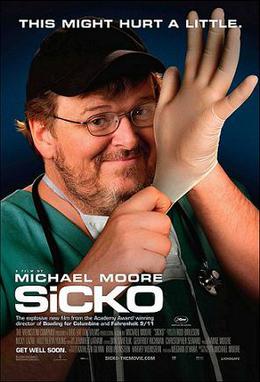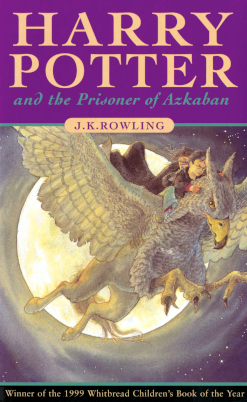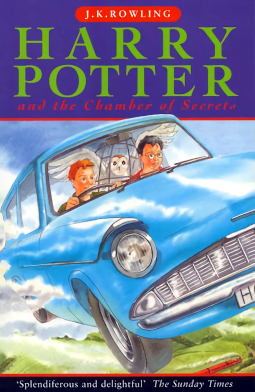Revisiting "The Passion of the Christ"
| Not long after Mel Gibson’s The Passion of the Christ came out, I was talking on the phone with a woman who is a friend of my wife’s family. She asked if my wife and I had seen the film. I told her that we had. She then talked for a bit about how much she enjoyed Gibson’s movie. Most of her appreciation was couched in the idea that Passion is a beautiful and moving portrayal of Christ’s love for the world. I’m paraphrasing a bit, but, touching on the film’s intense violence, she basically said, “He did all that for me.” I have mixed feelings about Gibson’s film. From an artistic standpoint, it’s well done. Gibson is a competent director who knows how to tell a story cinematically. Of the movies I’ve seen about the life of Jesus, Passion is the best (unless you consider Monty Python’s Life of Brian and the wonderful Jesus of Montreal to be “about the life of Jesus,” in which case it’s a tossup. Perhaps most interesting to me, though, is how Passion points to the hypocrisy of the church in this country. The church’s attitude towards cinema, in particular, and the arts, in general, is changing a bit. Some Christians try to create beautiful art, in the belief that art reflects God’s creativity. Others view art as a new language with which to communicate the gospel. Then there are those who try to do both. But many Christians still view cinema with suspicion. I’m generalizing here, of course, but many Christians are afraid of the movies. The church I grew up in, for instance, was filled with parents who wouldn’t allow their children to watch R-rated films. And I’m talking high school students here, not fourth graders. Our pastor, who never denounced racism from the pulpit or preached a sermon about feeding the poor, would make us change the channel on youth group outings whenever a swear word popped up on television (boxing, however, was OK). This brand of film viewer considers a film “good” if it doesn’t contain violence, sex, drug use, swearing or hostility towards Christianity. A film is “bad” if it does contain these things. The context of this violence, sex, drug use, swearing or hostility towards Christianity is irrelevant. Of course, the Bible is chock full of these things (except maybe the drug use). The Bible contains gang rapes, brutal executions, murder plots, incest, seduction, sex slavery, forced foreskin removal, genocide, prophets who marry prostitutes and who walk about naked, violent poetic imagery rivaling anything you’ve ever heard in a gangster rap song, and even a lengthy erotic poem. The King James version has quasi-swear words (whore, prick, piss). Some scholars will tell you that the original biblical text features words that could be translated as “shit” and “fuck.” As Franky Schaeffer once noted, if the Bible were made into a movie, as it’s written, it would be rated R. Parts would be rated NC-17. Gibson’s movie proves this. And Christians flocked to it in droves. Of course, there are dozens of R-rated films that deserve to be seen. Films that are filled with truth, hope, grace, love and redemption. Films that are important and that need to be seen. Films that are violent and sexual without being gratuitous. Films that are violent and sexual because real life is violent and sexual. The Thin Red Line. Donnie Darko. Pulp Fiction. A Clockwork Orange. Sling Blade. Magnolia. Requiem for a Dream. Rushmore. Se7en. Fight Club. The Ice Storm. Terminator 2. Saving Private Ryan. Saved! The Rapture. Punch Drunk Love. Things You Can Tell Just By Looking At Her. Good Will Hunting. Bowling for Columbine. Fargo. Chasing Amy. These are films Christians should be watching. But some Christians won’t. For them, these films are either too explicit or too dangerous. For some reason, though, the Bible they read is not. |

















Comments on "Revisiting "The Passion of the Christ""
-
 Anonymous said ... (2/12/2005 03:05:00 PM) :
Anonymous said ... (2/12/2005 03:05:00 PM) :
-
 Wasp Jerky said ... (2/12/2005 03:34:00 PM) :
Wasp Jerky said ... (2/12/2005 03:34:00 PM) :
post a commentPulp Fiction is not gratuitous violence? I think you are just upset that conservatives went to the movies. You don't want them there anyway, because if Hollywood dumbed their stuff down enough to cater to fundmentalist idiots then you would be bored. Be grateful that you are enlightened enough to enjoy your non gratuitous sex and violence which makes you a better Christian. Way better than some idiot who thinks Christ might have died for her.... the audacity of the fool.
Hi Anonymous. No, I don't think that Pulp Fiction is gratuitous violence. Perhaps on the surface. But, as Christianity Today film critic Jeffrey Overstreet noted in his review of PF, there's more going on here. If you watch closely, you'll see that each of the major characters in the film is brought to a crossroads. They each come upon a moral decision, where they can choose to continue towards selfishness and chaos, or else take steps towards grace and virtue. Some of the characters make the right choice. Some of them don't.
Incidentally, I never called anyone an idiot. And I've never thought of myself as a good Christian. I'm quite a shithead actually.
At any rate, thanks for stopping by Anon. You too, Dan.